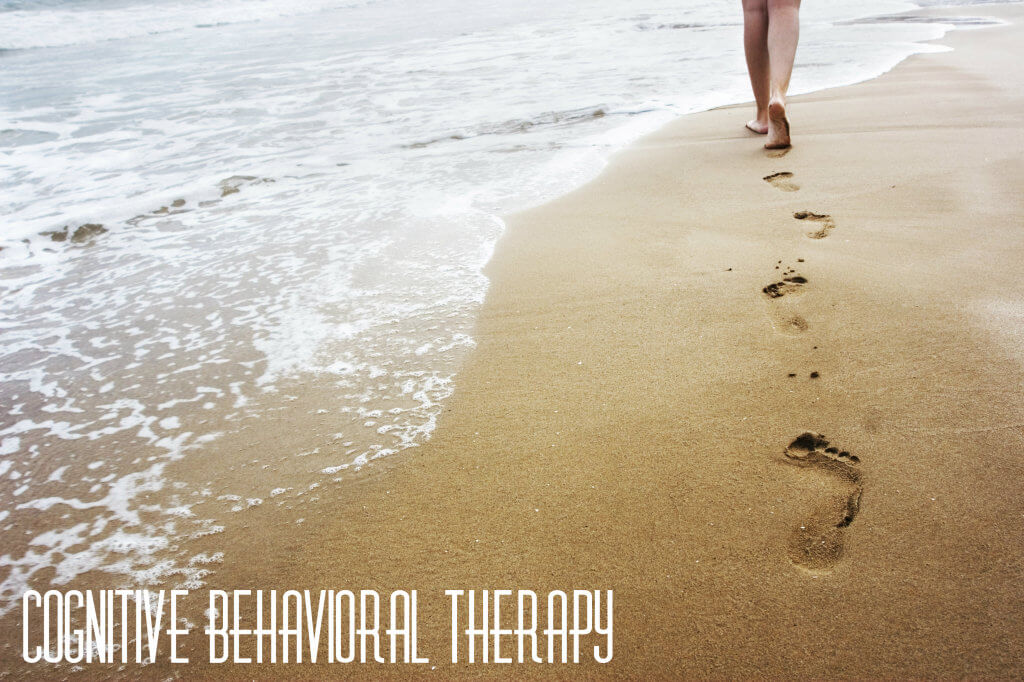An approach that has been used with success to treat clients with substance abuse issues is our Cognitive Behavioral Therapy (CBT). Unlike other counseling methods that look at past events in detail for clues about a person’s present motivations and circumstances, CBT is firmly rooted in the present. Clients meet with their therapist over several sessions to learn the techniques required to change their thoughts for the better so that their feelings and actions will follow.
Using Cognitive Behavioral Therapy To Challenge Negative Thoughts
All of us see situations that we encounter through the filter of our own thoughts – not from the point of view of an observer positioned above us watching us speak to another person in conversation. Depending on our emotional make-up, our past experiences and our own personal insecurities, etc., we can interpret a situation in many different ways.
We all have our particular triggers that activate our personal thoughts that make us feel angry, ashamed, hurt, unwanted, unattractive etc. The goal of cognitive behavioral therapy is to recognize those thoughts and challenge them so that you can change your feelings and then your behavior will follow.
Cognitive Behavioral Therapy In NY
Someone with a history of substance abuse will have negative thoughts, just like everyone else does. In our cognitive behavioral therapy in NY, the goal will be to identify the thoughts and challenge them. For example, in recalling an encounter with a family member that didn’t go very well, a client may have the thoughts that he or she is worthless or be ashamed.
Part of our cognitive behavioral therapy program is to look for evidence for and against the negative thoughts. In considering whether someone is feeling “worthless”, a client would be invited to picture exactly what worthless may look like to examine whether the definition really fits. (It doesn’t.) The fact that a client has come to us for help disproves that idea immediately.
A client may be invited to share what he or she would say to a friend who came to them feeling this way. This exercise gives the client the chance to think of some comforting words and positive things to say that will also apply in his or her case.
At the end of the exercise, the client has “proof” that the negative thought was incorrect and can be replaced by a more positive way of thinking. His or her feelings will start to change as a result, and behaviors are affected in a positive way. Cognitive behavioral therapy for addiction treatment can help clients to boost their self-esteem and is another tool they can use on their journey to long-term sobriety.
Call Us Now For More Information On Our Effective Addiction Treatment Programs In NY!








